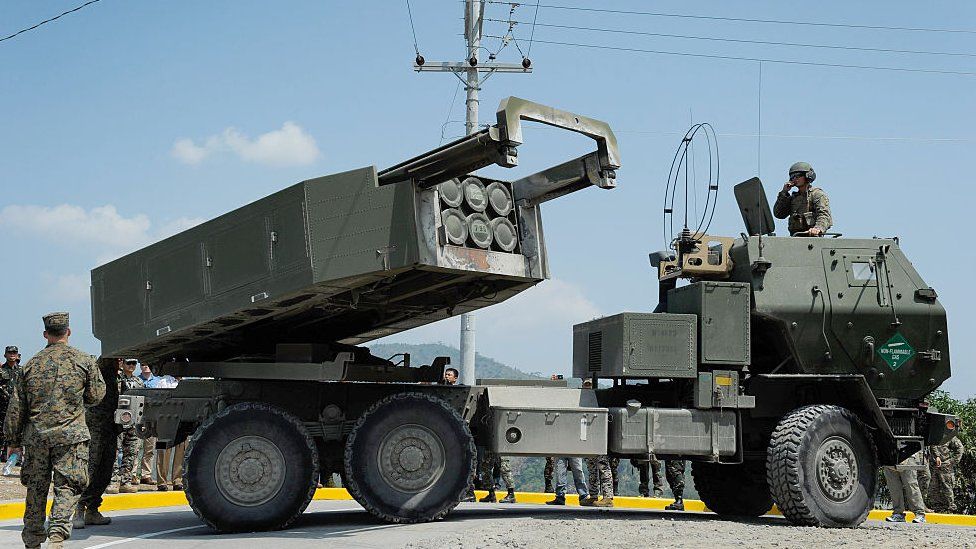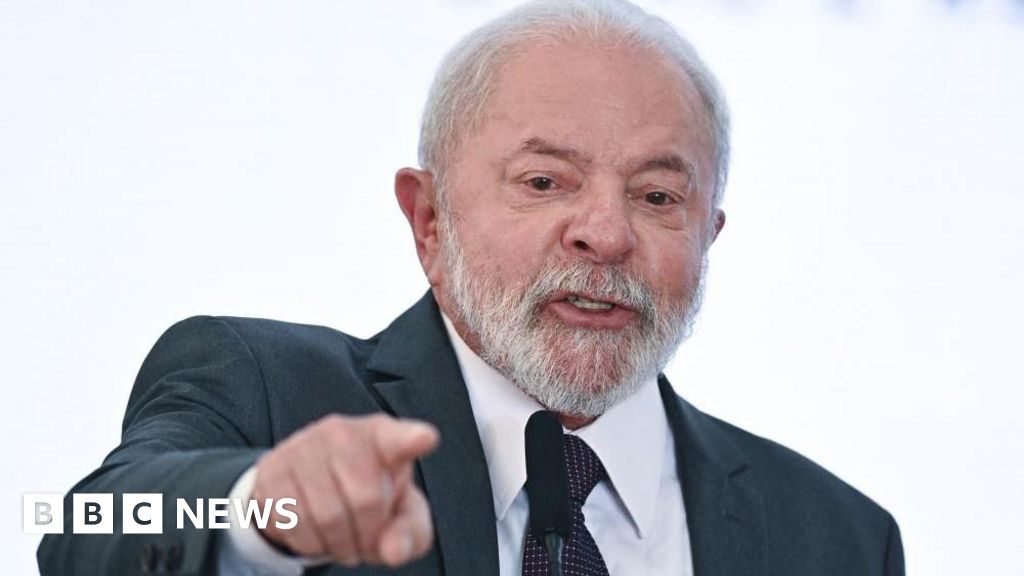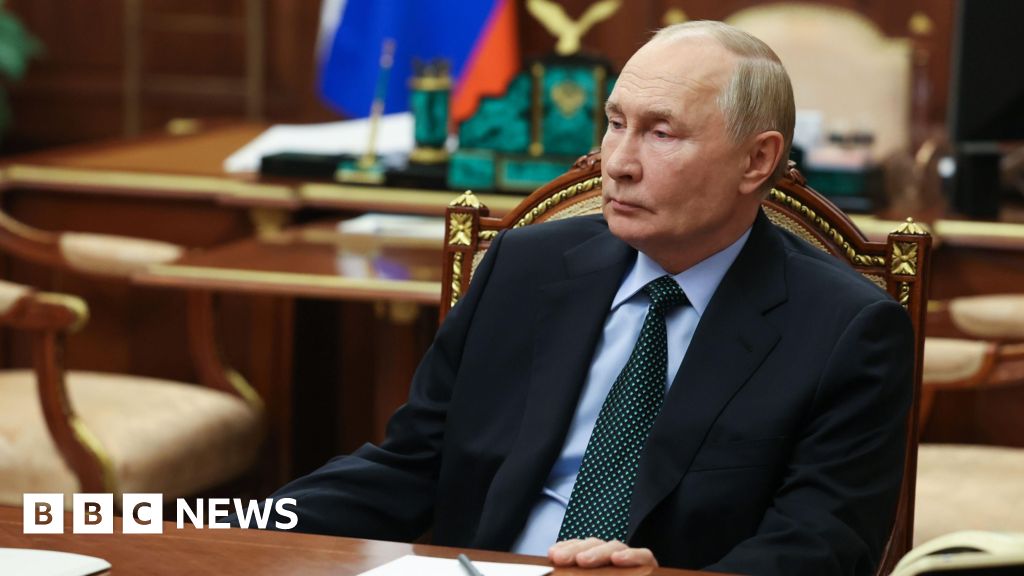ARTICLE AD BOX
 Image source, Getty Images
Image source, Getty Images
The latest hardware being sent to Ukraine includes more High Mobility Artillery Rocket Systems (Himars)
More US military aid for Ukraine may lead to "a direct military clash" between Russia and the West, Moscow has warned.
Russia's ambassador to the US, Anatoly Antonov, is not the first Russian official to raise the threat - which comes as aid for Ukraine is said to be driving the momentum of Ukrainian armed forces against the Russian occupiers.
The latest US hardware includes another four of the high-precision Himars multiple rocket systems.
How much aid is the US really giving Ukraine? Read our story here for more details.
As Ukraine fights back against Russia, flags are being raised in the retaken areas, including in the Kherson and Kharkiv region.
Ukraine's President Volodymyr Zelensky has said: "There is a growing understanding that Russia made a mistake by starting the war against Ukraine."
Watch: Flags being raised in retaken areas of Ukraine
These victories have encouraged Ukrainians, but surprised Russian generals.
In an effort to reassure Russians, President Vladimir Putin said on Wednesday that he expected that the situation "in the new territories will stabilise".
You can read more about how Mr Putin and other Russian officials are responding to the Ukrainian advance here.
The future of Europe's largest nuclear power plant at Zaporizhzhia remains uncertain, months after the Russians stormed it and took control - some say through coercion - of the Ukrainian staff still operating it.
The head of the UN's nuclear watchdog, the IAEA, is on his way to Kyiv, to discuss the situation at the plant - a complex that has been shelled several times, with both sides blaming each other.
The visit comes as President Putin signed an executive order to take over operations at the plant, which is inside territory that Russia has formally annexed in a move rejected by Ukraine and Western countries.
Image source, Reuters
Image caption,A Russian soldier stands guard near the Zaporizhzhia nuclear power plant
"The government will ensure that the nuclear facilities at the plant... are integrated as federal property," Mr Putin's order said.
The head of Ukraine's state nuclear energy regulator Enerhoatom, Petro Kotin, said later he would be taking over running the plant. It was not clear how.
Meanwhile Russia continues to strike population centres on Ukrainian-controlled territory.
But this attack on a town south of Kyiv was unusual because it was carried out by Iranian-made kamikaze drones.
Russia has used the drones before, but never this deep inside Ukraine.
Watch: Aftermath of "kamikaze drone" strike near Kyiv
Ukraine's optimism rose a notch higher on Wednesday as it joined Spain and Portugal's bid to host the 2030 Fifa World Cup.
"Our bid is not an Iberian bid any more, it's a European bid," Luis Rubiales, president of the Spanish federation (RFEF), said as the triple bid was announced.
Before 1 October, Ukrainians were able, with difficulty, to move back and forth across the front lines.
From a crossing point at Vasylivka, on the eastern bank of the Dnipro river, some would travel to nearby non-occupied Zaporizhzhia to visit relatives, buy food or medicines.
But many left for good, carrying what they could with them, in search of new lives in areas not under Russian occupation. Some travelled on to Europe.
On average, about 1,000 people used to arrive every day at a makeshift reception centre in the car park of a DIY superstore on the edge of Zaporizhzhia.
Image source, Matt Goddard/BBC
Image caption,The reception centre in Zaporizhzhia almost deserted
On 30 September, with Russia's self-styled "referendums" over and annexation being announced in Moscow, local police said that figure rose to 1,616.
But then the flow almost stopped.

 2 years ago
17
2 years ago
17








 English (US)
English (US)